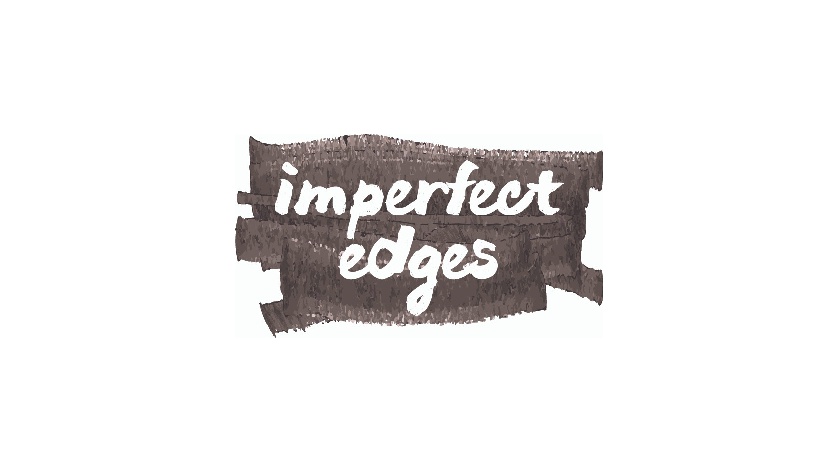I used to think Unconditional Love was unreachable. Like, sure — that worked for Jesus and Gandhi but not for me.
Then, after a few self-help books and really trying to be a “nice” person, *cough cough* I shifted into thinking Unconditional Love was “Unconditional Acceptance of Inappropriate and Abusive Behavior.”
Yeah, that wasn’t right either.
I’ve finally landed on a definition I can live with. To me, Unconditional Love says,
“You deserve to be happy. I hope you receive all that you desire and that you are able to live in your truth.”
(This could work from any distance. I could wish that for you whether you are close enough to make out with or waaaaaaaaaaaaaaay the fuck over there.)
Ok, so why? Why try and love everybody?
When I can figure out and implement Love of the Unconditional variety, I am relieved of the heavy, ugly, cumbersome, cancerous weight of resentment. It exhausts us, depletes us, and turns into horrific things like hatred and cruelty. I mean, seriously, what could you be doing with all your energy if it wasn’t going towards trying to get revenge, or proving someone wrong, or making people feel sorry for you? That’s pouty, petty drama and it will not change the world for the better.
To put it simply, loving everybody (from near or far) is the antidote to what ails all of us.
How to get there? I’ve come up with a list of things to remind myself when I get sucked into the rabbit hole of feeling injusticed. I’ll leave it right here for you:
IMPORTANT LIFE REMINDERS:
- We’ve all done dumb, cruel, or dishonest things. When I remember that the very thing I’m pissed at someone else for doing is likely a variation of something I’ve done, am doing, or will do, the whole “we’re all the same” sentiment starts ringing truer than I’d like. And if I can look inside and discover how I happened to do those dumb, cruel, or dishonest things, I’m able to find grace for others and the bone-headed choices they (we) make.
- No one else is responsible for my well-being. It is not your job to make me happy. Or be my customer. Or read my blog. Or invite me to things. Or tell me I’m pretty. I put myself out into the world; some of you will connect with what I have to offer and some of you won’t. I don’t need to be liked by everyone.
- Those that hurt me worst have woken me up the most. They were my greatest teachers. I wouldn’t have broken open and started to find myself if it weren’t for all the pain. Dawn follows the darkness and ecstasy follows agony. I can find gratitude for everyone who has played a role in my life, whether they were antagonist or protagonist.
- We are all children. When I look behind arrogance, avoidance, disconnection, and dishonesty, I can see lost little boys and girls who were bullied, shamed, abused, and misunderstood. That doesn’t mean I need to accept their behavior and be their doormat; it means I don’t need to take them personally.
- My perspective is mine and mine alone. I don’t need you to agree with me to feel justified. I don’t need you to take my side in an argument. I don’t need you to have beef with someone just because I do. You have a right to your perspective and we can still get along even if it doesn’t look like mine.
- I can’t fix anyone. I can guide and support if they want it and I’m willing. But I need to drop the weight of feeling responsible for making others change their behavior.
If I had to sum up this list, I would say:
Own what’s yours. And that’s all.
Would be nice if I could tell you I only needed this reminder once, but that would be a lie. I have to come back to these time and time again. (I feel injusticed easily. 🙄) This isn’t a one-time thing. It will probably be a life-long practice. But, IMO, a practice that is totally worth the effort.
Related Posts:
If You’ve Ever Said, “I Just Don’t Understand Some People…”
